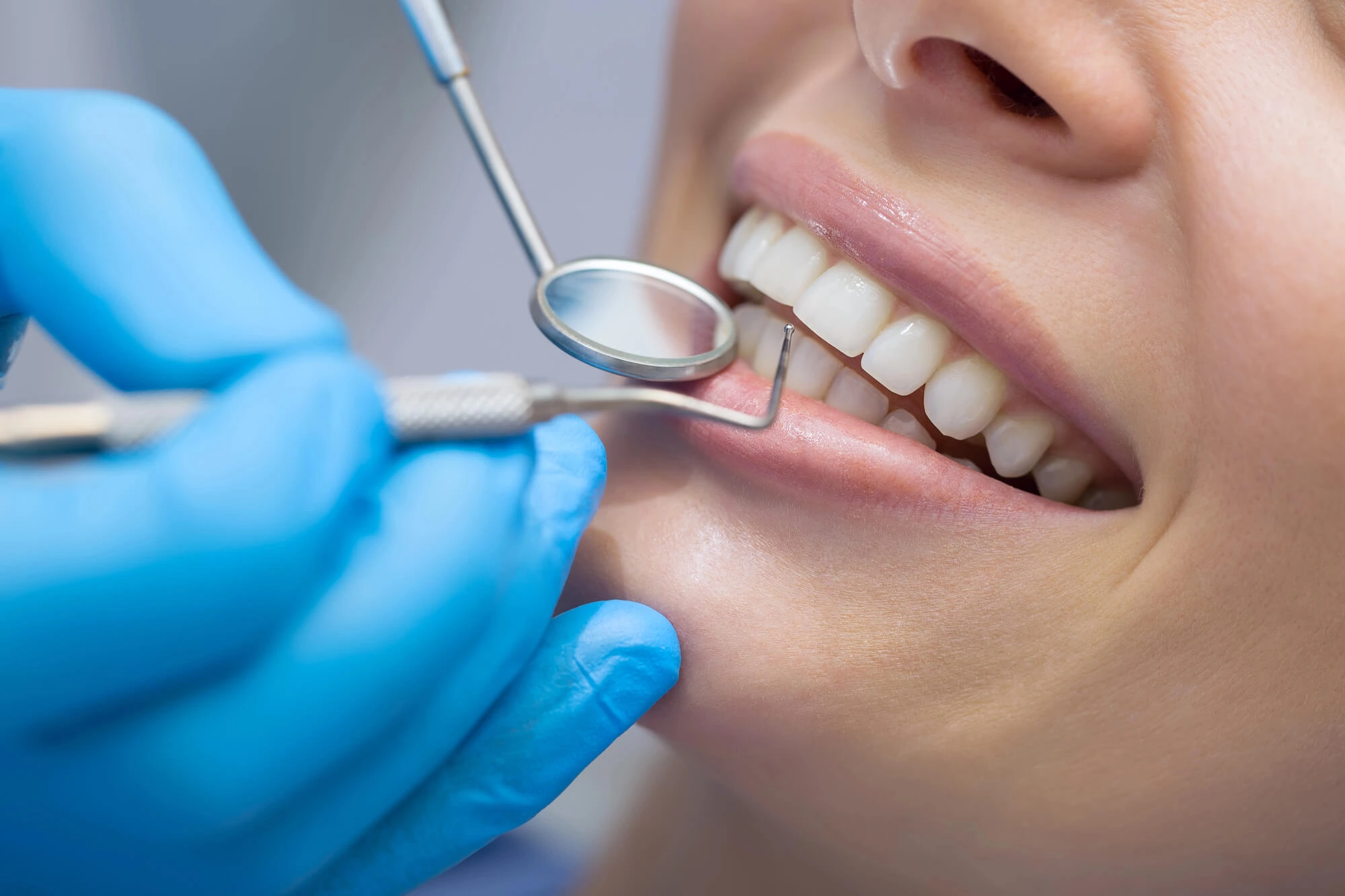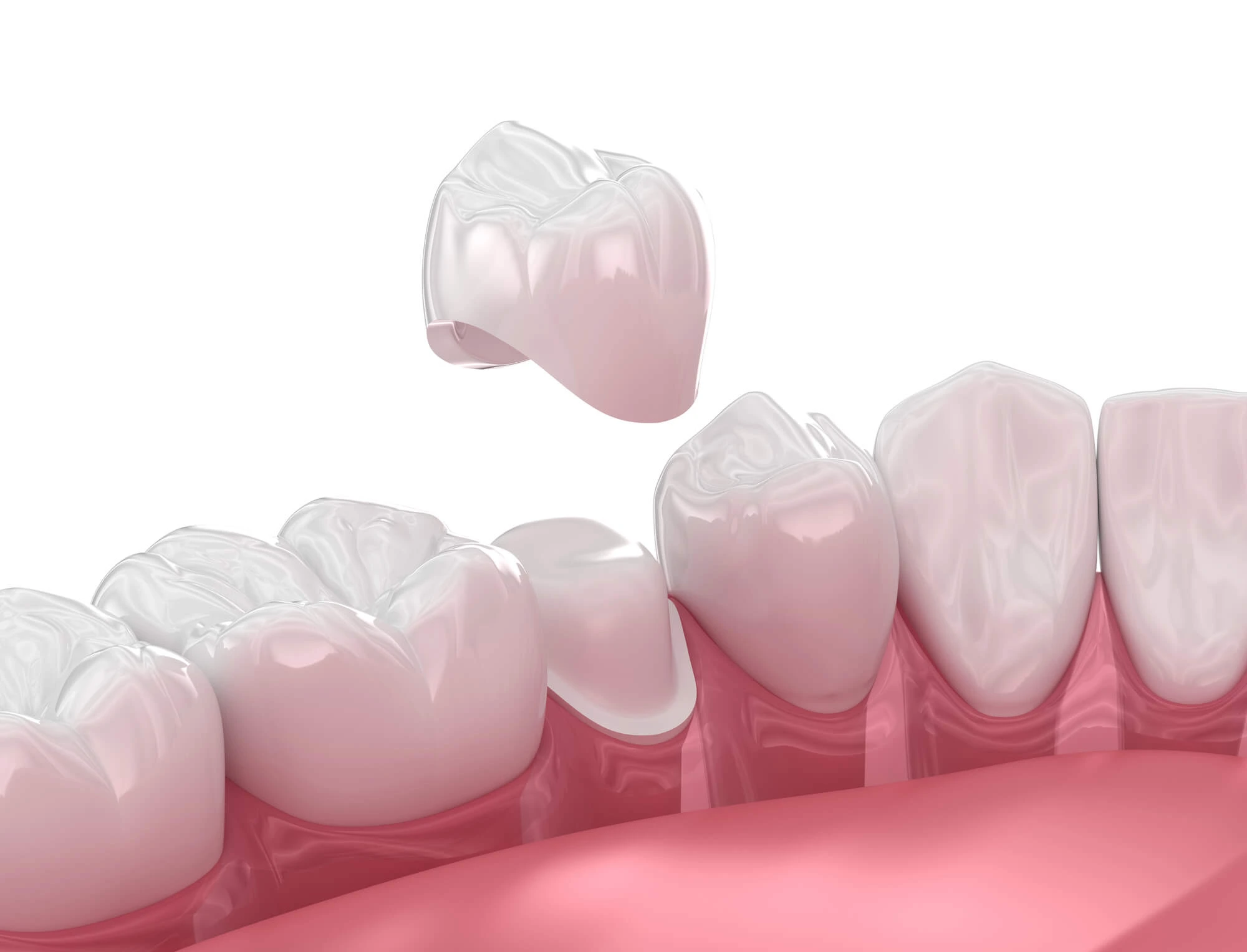When Are Dental Crowns Necessary?
July 15, 2025

Crowns are a fundamental procedure in dentistry. After removing extensive decay or when a tooth suffers an accident, its structure may become too thin and brittle, requiring extra support to keep working properly. In these circumstances, dentists may suggest dental crowns in Bridgeport as an alternative to extractions.
Dental crowns offer added strength and support to a brittle or weakened tooth, but when are they recommended?

What Are Dental Crowns—And How Are They Used?
A dental crown is a tooth-shaped "cap" placed over a tooth to improve its appearance, restore its size and shape, and strengthen it. After being cemented into position, the crowns sit above the gum line, completely covering the visible part of the tooth.
There are several clinical situations where a dental crown is recommended, particularly when a tooth needs extra protection or an aesthetic enhancement. These include:
1. Extensive Tooth Decay
When a cavity is too large for a traditional filling to restore the remaining tooth structure, crowns are the only solution to avoid a dental extraction. Crowns help maintain function effectively, providing the support your tooth needs to withstand chewing forces while preventing further decay or fracture.
2. After a Root Canal
Root canals are crucial treatments that remove infected tooth roots, stopping the spread of infection and discomfort. While root canals are essential, they can leave a tooth brittle, as the dental pulp also provides moisture and fundamental nutrients.
For that reason, dentists recommend getting a crown after root canal therapy. This one protects the tooth from cracking or breaking under pressure.
3. Cracked, Broken, or Worn Teeth
When a tooth is fractured, crowns can hold together the parts. They can also be used to rebuild worn-down teeth caused by grinding (bruxism).
4. Large Fillings or Repeated Restorations
A tooth with repeated fillings or very large restorations may lack structural integrity. A crown can provide long-term strength and coverage to protect it.
5. Cosmetic Enhancements
Crowns are also an option when seeking cosmetic enhancements. They can cover misshapen, discolored, or uneven teeth when veneers aren’t suitable. They’re especially useful for front teeth when aesthetics is a major concern.
6. Dental Restoration
Crowns are often involved in dental restorations.
A crown is placed on top of a dental implant to replace a missing tooth and restore chewing function. Additionally, crowns anchor a dental bridge by covering the adjacent teeth on either side of a missing tooth.
7. Fractured or Weakened Baby Teeth
Pediatric crowns (often made of stainless steel) are used when a child’s baby teeth are severely decayed or structurally compromised. The crown helps maintain the space needed for the permanent teeth that are to come.

Understand All the Benefits of Dental Crowns in Bridgeport
As you can see, crowns are a reliable dental restoration used when a tooth is too damaged or weak to be treated with simpler methods like fillings. They're a versatile option that restores function, structure, and appearance. Moreover, they’re durable, lasting 10 to 15 years with proper care.
We’ll assess your situation in detail at Brooklawn Dental Associates before suggesting crowns or any other dental procedure. Contact us today for a professional checkup!

Contact us today to schedule an appointment!
Don’t wait to get the best dental care Fairfield County has to offer. Reach out to our friendly team now to get started.
SCHEDULE APPOINTMENT
